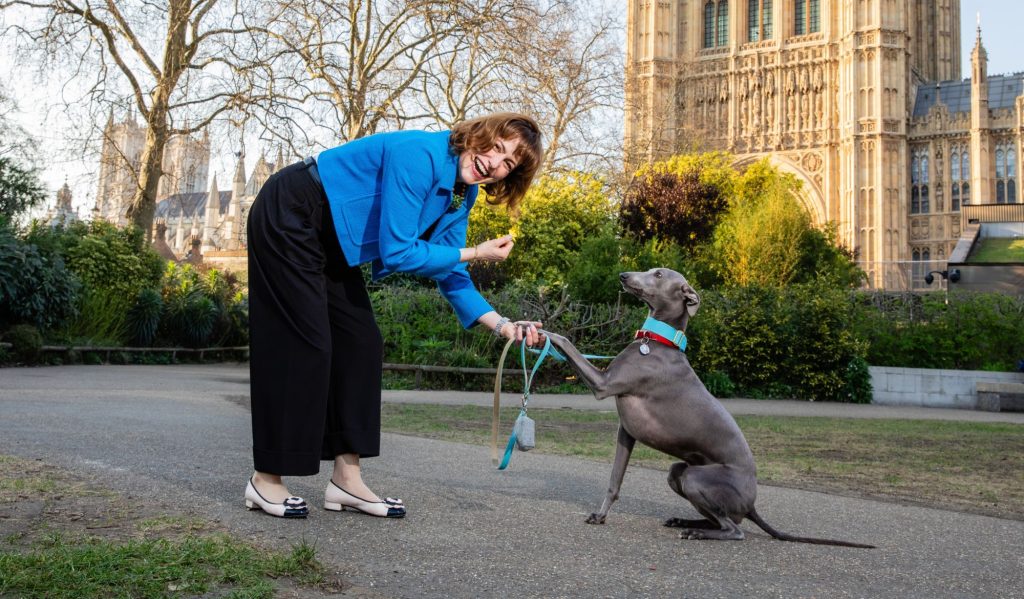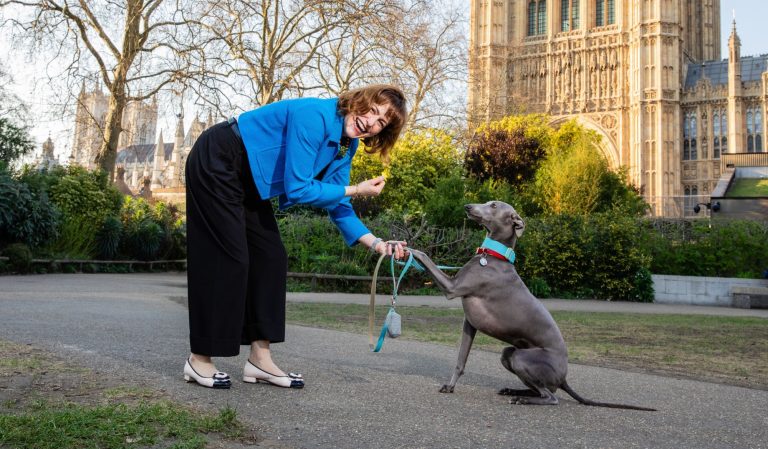
Victoria Atkins, the Conservative Party’s shadow environment secretary, is not one to shy away from a political confrontation. With an impressive track record of prosecuting high-profile criminals, Atkins exudes confidence, unaffected by challenges from the Labour Party. In an exclusive discussion, she reveals her perspectives on various political issues, her insights into the environment department, and her viewpoints on the ongoing government policies.
A Bold Stance Against Opponents
Victoria Atkins holds a formidable reputation for having cross-examined some of the most notorious drug lords, making her unafraid of facing Labour MPs in political arenas. She expresses no trepidation towards the Labour front benchers, stating, « I’m used to prosecuting criminals for a living. With the very best will in the world, none of the Labour front bench, or indeed the back benches, fill me with any worry or concern. »
Atkins recalls a particularly intense cross-examination of a senior drug gang boss who ultimately broke down and changed his plea to guilty during her questioning. While she hasn’t made her political opponent, Steve Reed, cry, she candidly admits, « I’ve made him look very, very upset – no, he hasn’t cried quite yet. »
The Shadow Environment Secretary’s Vision
Victoria Atkins is vocal about her ambitions for the Department for Environment, Food & Rural Affairs (Defra), criticizing what she perceives as Labour’s inadequate handling of agricultural policies. She points to the controversy surrounding the « family farm tax » and remarks on the dissatisfaction among farmers who feel betrayed by the government. « Farmers are a pretty resilient, tough bunch, » Atkins notes, lamenting the absence of a plan B among many agricultural workers due to governmental policies.
Furthermore, Atkins critiques the current administration’s sustainable farming incentive schemes and is concerned about the proposed planning and infrastructure changes that would allow land acquisition without compensating for its potential future value. She warns, « The untrammelled powers that the government is giving Natural England… that really is a step into Marxist territory, » highlighting her disapproval of what she considers overreach.
Perspectives on Political Dynamics
With discussions around collaboration between the Conservatives and Reform UK burgeoning, Atkins firmly opposes the notion of pacts, stating unequivocally, « No – the reason being that people who lead that party of protest are not themselves conservatives. » She explicitly criticizes Nigel Farage, suggesting his ambition is to undermine the Conservative Party itself, rather than support it.
Atkins argues for attention to be given to the Liberal Democrats as serious contenders in the political landscape, emphasizing the need for scrutiny of their promises and potential impact on the electorate. « I’m very conscious of how good the leader of Reform is at his own self-publicity, » she acknowledges, « but actually, the Lib Dems are very much a party that we should have in our focus as well. »
Reflections on Net-Zero Goals
Despite her environmental aspirations, Atkins remains pragmatic about the UK’s net-zero by 2050 target, considering it potentially unachievable under current expectations. She aligns with Kemi Badenoch’s sentiment on realistic approaches to environmental policies, even as she aspires to a balanced strategy for countryside nurturing and supporting the farming community.
Atkins concludes with a nuanced understanding of the responsibilities attached to her role, emphasizing the dynamic and ever-challenging nature of political service. Her willingness to engage in robust debate and defend her policies marks her as a significant force within the current political framework.



